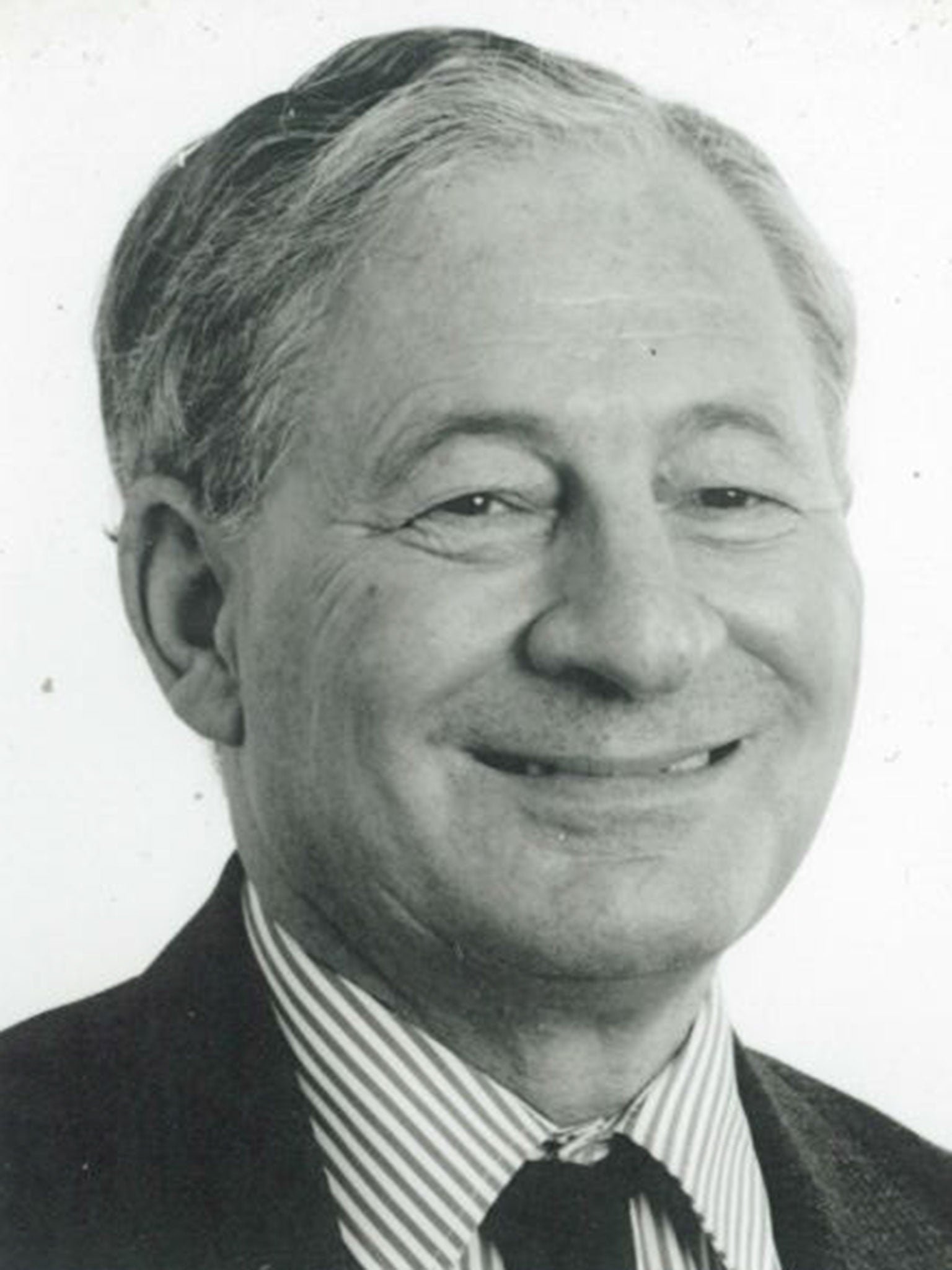Anthony Curtis: Editor, critic and authority on Henry James, Virginia Woolf and particularly Somerset Maugham

In his time, Somerset Maugham was the epitome of the “man of letters”. Neither his reputation nor that title have quite the ring they once had, but if any man did most to keep both alive and vital in our time it was Anthony Curtis.
His first major book in 1974 was The Pattern of Maugham: a critical portrait, “written with so much tact and understanding”, as a recent critic has said. This was followed by his biography, Somerset Maugham (1977), further books in the Critical Heritage and Nonesuch Storytellers series, which he edited and introduced, as also The Razor’s Edge (1992); most recently, he wrote a play, Mr Maugham at Home, a one-man show staged at both the New End Theatre in London and the Yvonne Arnaud, Guilford, in 2010, and at the Whitstable Festival this year.
But Curtis had many more than one string to his bow. The Rise and Fall of the Matinée Idol (1977), introductions to James’s The Turn of the Screw and The Aspern Papers (1984) and Rattigan’s Plays (1985) showed a wider range of interest in literature and the theatre. He wrote a penetrating study of Virginia Woolf (2006), Before Bloomsbury (2002) on her Kensington forebears, and Lit Ed: on Reviewers and Reviewing (Carcanet Press, 1998), at once a history of the subject over the years since 1900 and a meditation on the function of literary criticism in the press, how it was conducted and the relations of authors and editors, based on his own by then considerable experience.
He was from his London childhood an inveterate reader. From Midhurst Grammar School he got a scholarship to read history at Merton College, Oxford, but war intervened and 1944 found him in the RAF, training for aircrew duties. When the war ended he was kept on, his boring clerical duties punctuated by exploring Fitzrovia, meeting Julian Maclaren-Ross, Dylan Thomas, Paul Potts and Francis Bacon in The Dog and Duck in Frith Street and elsewhere. John Heath-Stubbs became a lifelong friend, from whom, he said, “I learned as much about English literature as from my official tutors.” When he got back to Oxford, he changed to English; he got a first class degree and also won the Chancellor’s English Essay Prize.
He moved to London and began writing freelance journalism, and in 1948 he published his first book, New Developments in the French Theatre. This took him to Paris and the Sorbonne, and he lecture at the British Institute in 1950-51. Returning to London, he joined The Times Literary Supplement in 1955, leaving for a year s Harkness Fellow in journalism at Yale before returning to the TLS as deputy editor. After that he became literary editor of the Sunday Telegraph (1960-70), then arts and literary editor of The Financial Times and latterly its chief book critic, retiring in 1994. He also wrote theatre criticism for the London Magazine.
Besides all this journalism and the books that he wrote and edited, he found time for broadcasting on Radio 3 and 4, making regular appearances on Critics Forum and writing features and radio plays. Lectures for the British Council took him to India and back to France. He took a serious and practical interest in his profession. He became a member of the Society of Authors, and was treasurer of its pension fund, and also treasurer of the Royal Literary Fund (1982-98). He was a trustee of the London Library (2004-06). A Fellow of the Royal Society of Arts from 1990, he was made a Fellow of the Royal Society of Literature in 2009, an honour that gave him special pleasure.
Anthony Curtis was a man of letters in every imaginable sense of those no longer hackneyed words, a professional writer through and through. But there was much more to him than that. He was a memorable speaker, with a deep voice that gave his speech a force that sharpened a sometimes mischievous wit.
His range of knowledge, from the more recondite parts of French literature to the movements of the Stock Exchange, was encyclopaedic. He enjoyed games of all sorts, to play – backgammon, internet chess, even golf – or to watch, England defeats notwithstanding. He loved art, the theatre and opera, and again his knowledge of all three was vast. Most important, his career was shared with that of his wife Sarah, both as editor and critic; they took it in turns to read aloud to each other, and their hospitality was legendary.
His many friends will remember all the characteristic and diverse features of this remarkable man of many talents. A much wider public will continue to enjoy his writings. Even the least of his journalism had a pith, in wit and understanding of his subject, that set him apart. All that he wrote on other writers, and about the trade of writing, was and is worth reading. The shade of Somerset Maugham, who owes so much to him, must admire all that he did.
NICOLAS BARKER
Anthony Curtis, author, editor and critic: born London 12 March 1926; married 1960 Sarah Myers (three sons); died Toulon 29 June 2014.
Join our commenting forum
Join thought-provoking conversations, follow other Independent readers and see their replies
Comments